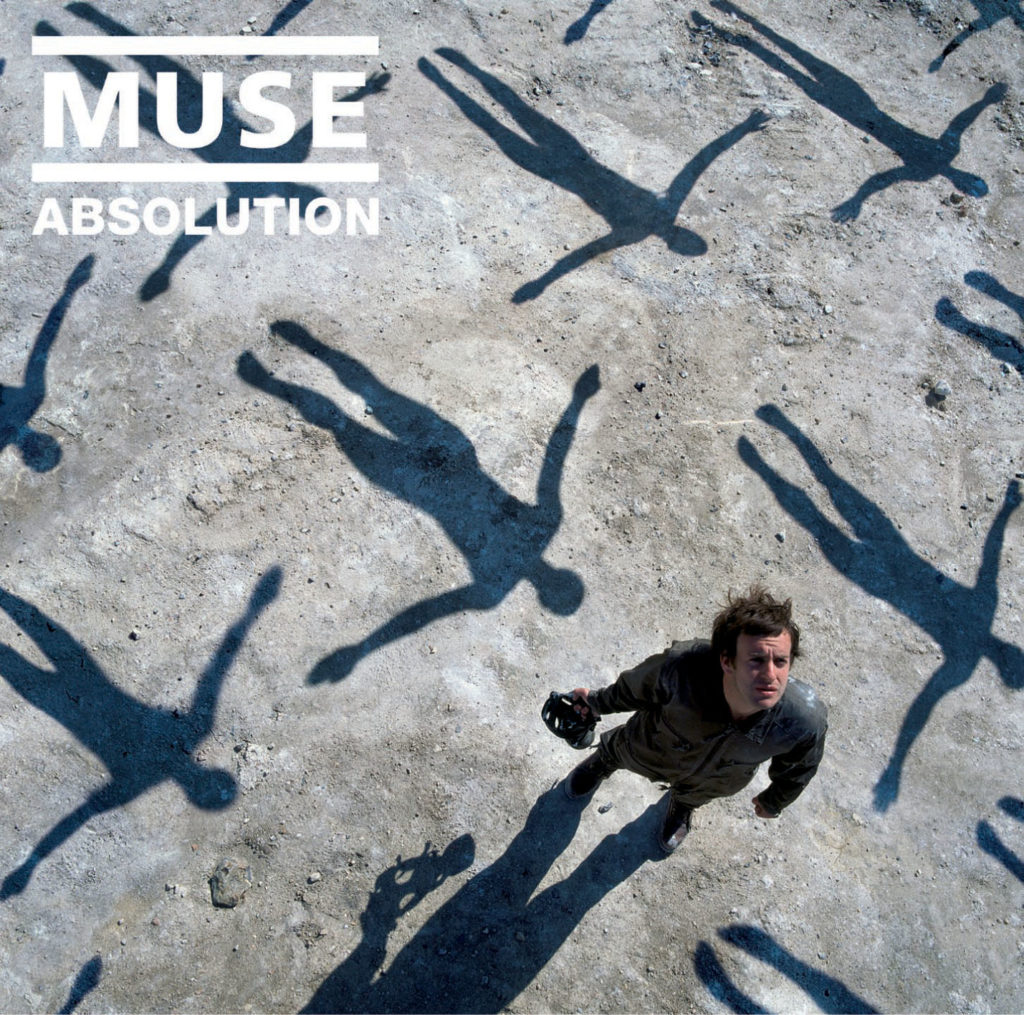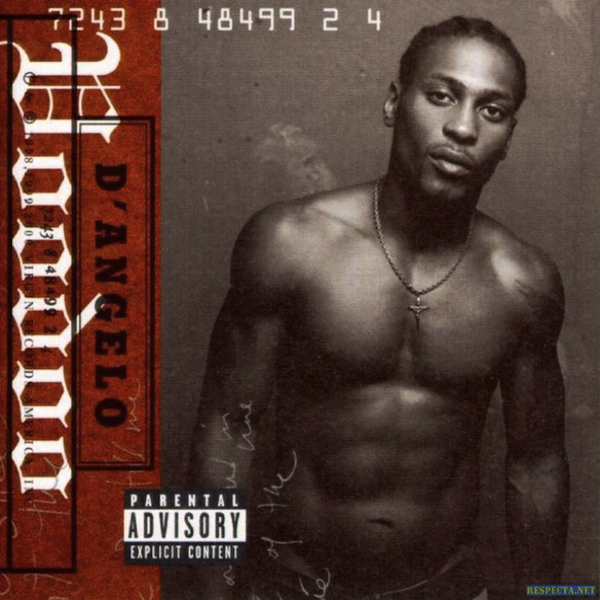
Blackstar is the final album David Bowie, he died shortly after its release. At the time it came out I was aware of Bowie but I hadn’t investigated his music in any depth.
In many ways, writing and talking about music is pointless as the true experience that is worth having cannot be had on the level of the intellect and conscious willing but only on what Schopenhaeur refers to as the silencing of the will through the experience of artistic beauty. However, by writing this piece I am not trying to “explain” this music. Rather, I am trying to pose questions that may lead to a deeper understanding.
My first contact with this album was the video for the title track Blackstar.
When I first heard this I was immediately hooked by the unusual structure of the song and the strangeness of the lyrics, music and video. I had only known Bowie through older material. I had no idea that he had gone through a phase of producing emotionally dark music in the 90s and that he had in the albums prior to this been experimenting with Jazz arrangements for his music (The Next Day). I was totally surprised by what I was hearing.
Blackstar is a enigmatic work that defies simple explanations. Clearly some of it is concerned with Bowie’s facing up to his own mortality and his inevitable demise. By creating this music Bowie turned his own death into a musical statement. However, there is more to explore beyond this obvious analysis. For the enigma of Blackstar lies in all the other themes and allusions that occur under the overarching concept of death. For example, in the title track the demise is cast in a positive light: towards the end the song transitions from minor to a major tonality. The concept of an enduring spirit is introduced:
Somebody else took his place, and bravely cried
(I’m a blackstar, I’m a blackstar)Something happened on the day he died
Spirit rose a metre and stepped aside
Is this Bowie’s artistic legacy? Perhaps this symbolises the continuation of music through each generation?
The songs Sue and ‘Tis A Pity She Was A Whore do not have any obvious biographical content (if any) and seem slightly out of place in the album. The reason for them being included is something of a mystery, especially given that the far more obvious song No Plan which was recorded a part of the Blackstar sessions was not included in the final release.
The idea of a black star has something the occult about it adding the the mysterious feeling surrounding the album. For there is a reference to the star of the nativity in the first track:
I’m not a wandering star
I’m a blackstar
This interpretation is reinforced by the imagery of the music video supporting the title track which is the bizarre and disturbing. Again, borrowing from the visual language of the occult or a horror film (scarecrows, candles, spasmodic dancing, the bandages over Bowie’s eyes). This imagery may obliquely refer a fear of death or a preoccupation with the supernatural, but the abstract way in which these images are given to us does not support any one interpretation.
Musically, Blackstar represents the joining of two very different musical forces: Bowie and the musicians from what was the regular line-up of Donny McCaslin’s band. In my mind the band are something like the modern equivalent of Herbie Hancock’s Headhunters with funk influences being replaced by styles and sounds from electronic music.
What is interesting about this collaboration is that by joining forces with Bowie the musicians on this album have to be more controlled in their approach so that the music supports the vocals. This leads to there being more space in the music than on a typical record by McCaslin’s band.
Blackstar influenced me profoundly. It is one of my favourite albums of all time. It showed me that there is still an appetite amongst the public for music that defies any easy genre categorisations and demands a great deal from the listener. It is an inspiring example of artistic bravery in the face of death that deserves to be remembered.

